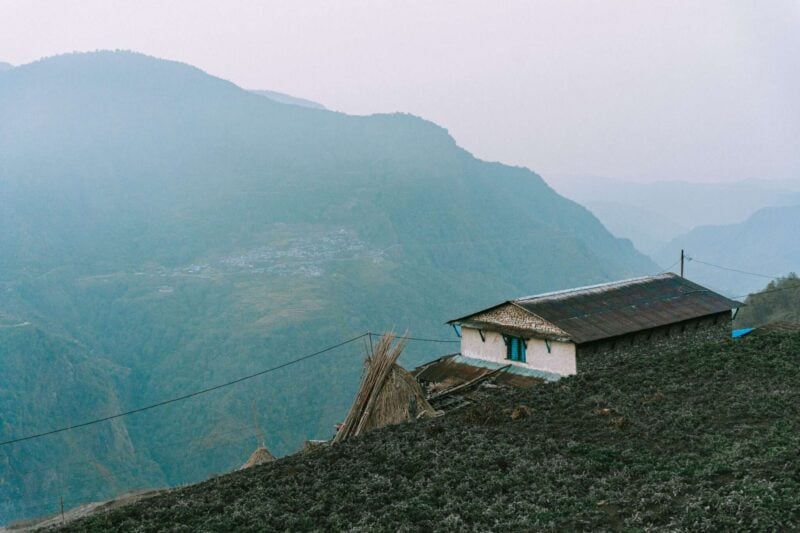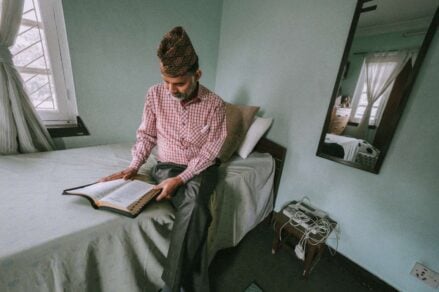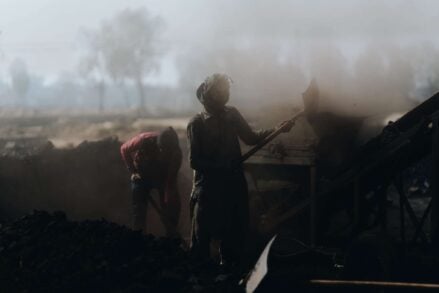Discussing The Origins of Nepal’s Anti-Conversion Laws
Technically, Nepal is considered a secular nation under the constitution. But in practice, the vast majority of the nation identifies as Hindu. And those in leadership positions have already implemented stringent anti-conversion laws that disproportionally impact the vulnerable Christian minority.
Advancing a Hindu nationalist agenda, members of the Rastriya Prajatantra Party (RPP) and Hindu radicals would like Nepal to re-establish its Hindu statehood. And what is Hindu nationalism, exactly? It’s the notion that the Hindu faith and culture should drive the government and all of its policies. This ideology, when implemented, undoubtedly results in increased Christian persecution.
We asked Dipesh, a Nepali evangelist, to describe Nepal’s anti-conversion laws in greater detail.
“The anti-conversion law was initiated or drafted long before—since a team of missionaries came here in 1953,” says Dipesh. “Back then, there was a bilateral agreement with the government and missionaries. That law, that agreement, said that you cannot proselytize to people. Conversion was not tolerated at all.”
While proselytizing wasn’t permitted, goodwill endeavors initiated by Christians were allowed for the benefit of society.
“You could do social work, welfare, university building, [charitable] service,” explains Dipesh. “You can bring money, and do your job, but do not speak about your religion. They [Christians] wouldn’t share the saving gospel or do evangelism.”
Nepal Declared a Secular Nation
Dipesh continued his story, explaining how Nepal became a secular country—if in name only—according to the law in the early 2000s.
“In 2006, during the latest people’s movement, there was a deal between the agitating political parties and the monarch. They came together, and there was a deal. At that time, they declared the nation [Nepal] to be secular for the first time,” says Dipesh.
“That was in 2007 … An interim constitution was established. It was the first time it was declared that the nation would be a secular nation. This was not done to benefit Christians or other minorities. The political ideology behind the secularism was to remove the monarchy, the Hindu monarchy. That was the reason.”
But today, an inherent hypocrisy lies within this “non-religious” constitutional designation—and Nepal’s small Christian community is speaking out against it.
“The written definition of the secular state is to retain the “ancient religion.” So the state has the right to protect and promote the ancient religion—Hinduism,” remarks Dipesh. “So that’s the meaning of the secular state. It contradicts within itself.”











